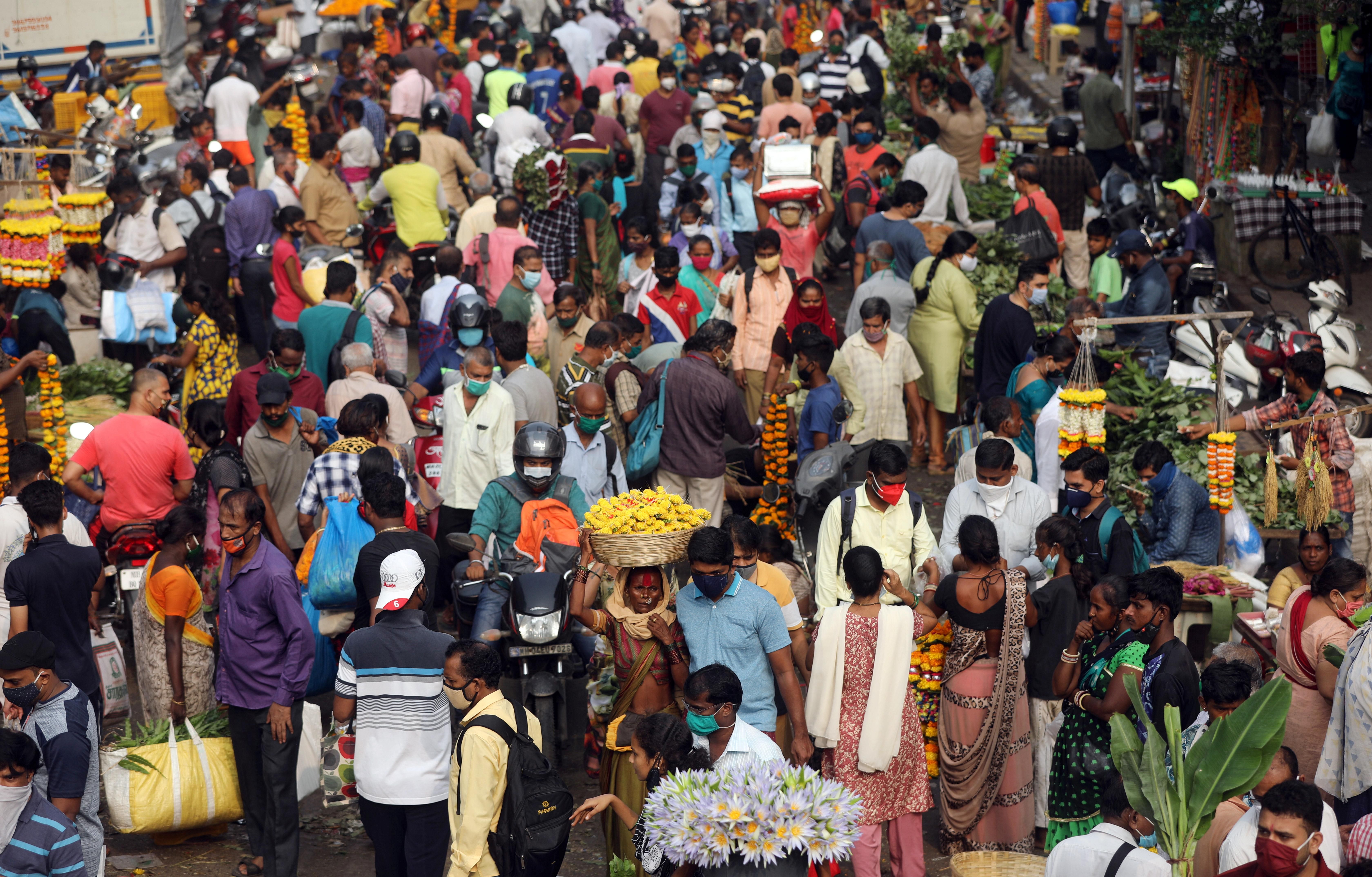Demography is destiny. That ominous-sounding pronouncement, credited to French philosopher Auguste Comte, is today taken to mean that a nation's fate depends on the youthfulness of its population. For a poor country to become rich, it needs lots of young people ready to work, to support those too old or too young to work, and to pay taxes. This is called the "demographic dividend."
That's an important part of China's success story. Over the past 40 years, more than one billion people have emerged from poverty in China. Waves of young people surged from the countryside into cities to work in factories. The state invested in education, and wages helped young workers, and then their children, go to school. The state also began a drive to develop the technologies of the future, by any means necessary. In China, once dirt-poor, hundreds of millions have created a middle class.
But the world of work has changed, and that could be bad news for still-emerging countries like India, Indonesia, and Africa's largest economies. Manufacturing, central to China's boom over the past few decades, is now often performed by smart machines. New jobs for people often demand digital-age education and training that relatively few workers in poorer countries have access to.
There is also now less outsourcing of work from wealthier countries because production there depends less than in the past on low-wage workers and more on machines that don't need salaries, lunch breaks, vacation time, safety protections, pensions, and health insurance. Nor do they go on strike or test positive for COVID-19.
In short, the new world of work doesn't create as many opportunities for people with little education and training to escape poverty through hard work alone. And yet, populations of young people in many poor countries are still growing. Where will they work and how will they live?
How will the next wave of poor countries become more prosperous? Their governments and companies need to prepare young people for a new economy by investing more time, money, and energy in education, and in the training and retraining of workers for the 21st century workplace. They also need safety-net protections to help workers make this difficult transition and to protect those who fail. They also need to create many more opportunities for girls and women, because no nation will succeed while sidelining half its population.
Beyond these basics, challenges differ from country to country.
India's government knows it must do more to prepare children for the future. This is a country that produces state-of-the-art engineers and digital entrepreneurs, but India's new National Education Policy is designed to solve the problem that half of rural students in grade 5 can't read at a grade 2 level, and less than one-third can do basic division. India produces more than its share of stars; it needs entire generations of well-educated kids.
In Indonesia, already the world's fourth most populous country, the state is working to ease future demand for jobs and social services by lowering the birth rate. Its government is investing in education and tech development and training, but it's also actively promoting later marriages, family planning and contraception to flatten population growth by 2025. Success will depend not just on smart policy but on the willingness of people to live with fewer children.
The governments of Africa's 54 countries will have varying rates of success in meeting these challenges, but population growth is a shared problem. The United Nations predicts that the rate of global population growth will slow sharply over the rest of this century — but that Africa's population will surge from 1.34 billion to 4.28 billion.
Major security threats in large states like Nigeria and Ethiopia, chronic youth unemployment in South Africa, and political instability in a number of other countries undercut the ability of governments to invest in the future. They are also the kinds of problems that spill across borders into neighboring countries.
And beyond the humanitarian desire to see others succeed, it's this cross-border flow of trouble that makes this everybody's problem. A surge of young people who can't work can create the kind of turmoil that can spill from one country or region to another. Many poorer countries were already burdened with heavy debt before COVID made matters much worse. If the world's wealthier countries expect these governments to invest in the future of their young people — they'd better be prepared to collectively invest in their success.
